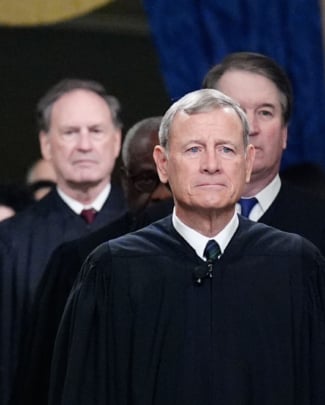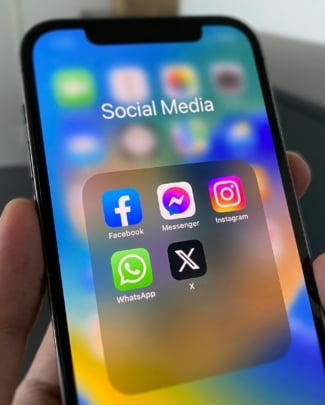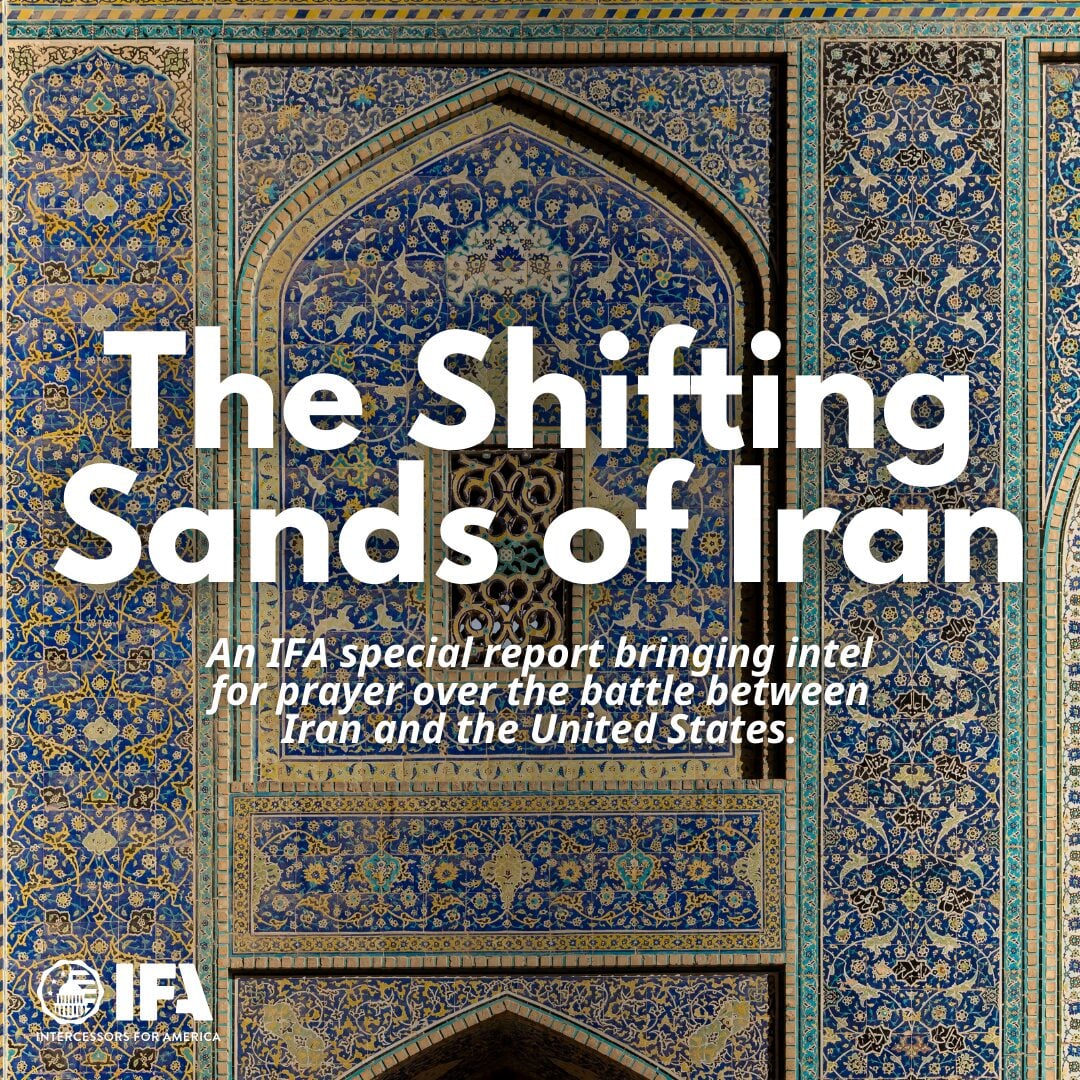HOW ZUCKERBERG INFILTRATED THE 2020 ELECTION
HOW ZUCKERBERG INFILTRATED THE 2020 ELECTION
In the months leading up to November’s election, voting officials in major cities and counties worked with a progressive group funded by Facebook founder Mark Zuckerberg and its allies to create ballots, strategically target voters and develop “cure” letters in situations where mail-in ballots were in danger of being tossed out.
The Center for Tech and Civic Life, or CTCL, provided millions of dollars in private funding for the elections that came from a $350 million donation from Zuckerberg and his wife, Priscilla Chan. The CTCL gave “COVID-19 response” grants of varying amounts to 2,500 municipalities in 49 states.
In exchange for the money, elections divisions agreed to conduct their elections according to conditions set out by the CTCL, which is led by former members of the New Organizing Institute, a training center for progressive groups and Democratic campaigns.
A CTCL partner, the Center for Civic Design, helped design absentee ballot forms and instructions, crafted voter registration letters for felons and tested automatic voter registration systems in several states, working alongside progressive activist groups in Michigan and directly with elections offices in Georgia and Utah. . . .
Facebook, with the CTCL, was also part of the effort, providing a guide and webinar for election officials on how to engage voters. Included were directions to report “voter interference” to Facebook authorities. The company also provided designated employees in six regions of the U.S. to handle questions. . . .
The little-explored roles of CTCL and other such groups emerged in emails and other records obtained by RealClearInvestigations and public documents secured by conservative litigants and groups, including the Foundation for Government Accountability, which has filed more than 800 public records requests with elections offices accepting the grants.
Previously, the Zuckerberg-funded effort has been described in generally positive terms, notably when NPR reported in December on “How Private Money From Facebook’s CEO Saved The 2020 Election” — in the face of the coronavirus pandemic, President Trump’s doubts about the legitimacy of the process and “Congress’ neglect.” . . .
Numerous Trump supporters contend that the 2020 presidential election was rigged or even stolen but have produced little concrete evidence to prove it. . . .
Zuckerberg did not respond to an emailed request from RCI for comment. In a post-election interview, he praised Facebook’s security work during the election and singled out its policing of “misinformation.” . . .
‘Curing Absentee Ballots’
The election department in Green Bay, Wis., promised as part of its CTCL grant of $1 million that it would employ the vote navigators to “assist voters, potentially at their front doors, to answer questions … and witnessing absentee ballot signatures,” according to documents filed in legal complaints in Wisconsin by Erick Kaardal, a Minneapolis-based lawyer who has worked on the Thomas More Society lawsuits.
Caleb Jeffreys, one of at least two voter navigators in Green Bay, described his duties as including “curing absentee ballots.” Jeffreys, now a city employee in Green Bay according to his LinkedIn profile, did not respond to an interview request. . . .
Navigators in Green Bay were also part of voter registration efforts, emails show. They worked closely with a local nonprofit group, which requested that public employees work voter registration events. At least two city employees attended with equipment to conduct voter registration and help people apply for an absentee ballot.
Agents from CTCL trained poll workers in Georgia and paid for other individuals to count and tabulate ballots in Wisconsin, which was won by President Trump in 2016 and President Biden won in November by 20,000 votes. . . .
Emails show that Michael Spitzer-Rubenstein, a fellow with the National Vote at Home Institute, directed Green Bay city employees in gathering and counting absentee ballots on Election Day, and that he was granted access by the city to secured areas and served as an on-site contact for the department on election night. . . .
Dozens of states require voting clerks to inform voters if their ballot has been filled out incorrectly, giving the voter a chance to fix the ballot and have it accepted. In Wisconsin, that practice is encouraged but not mandatory, under the reasoning that it can drain manpower from other tasks. . . .

In Lansing, Mich., the elections department used its $443,000 grant to buy more absentee ballot drop boxes and mail absentee ballot applications to every registered voter.
In Georgia, the grants were used to expand curbside voting and conduct “the necessary voter outreach … to promote absentee voting and encourage higher percentages of our electors to vote absentee,” according to a grant application.
Documents inspected by RealClearInvestigations also showed:
- In Lowndes County, Ga., CTCL grant money was used to pay $15,000 in attorney fees through June. A county elections official told RCI that the money was paid to lawyers handling public records requests stemming from the elections, a process that she expects will last into the summer.
- CTCL was “very lenient regarding what we could spend the money on,” Deb Cox, Lowndes County elections supervisor, said. “They put virtually no restrictions on it as long as it relates to the election.”
- Mahoning County, Ohio, spent $3,500 on a student to monitor Twitter and Facebook and “report any bad actors that may want to disrupt our operations,” one local official stated in its grant report. Grant money was also spent to produce a training video for elections workers.
- Election officials in Lorain County, Ohio, paid an $8,100 Verizon bill and spent $24,000 on a van at a local car dealership. The van was used to transport equipment between a warehouse and the elections department, an elections official told RCI.
- In Boone County, Mo., the elections department used $3,000 of the COVID grant to make a rap video and buy radio spots. “We did a rap video to appeal to younger, first-time voters,” Brianna Lennon, Boone County clerk, said. “We wanted to keep it popular in a format that would have the most appeal to young voters. “
Elections departments received millions of extra dollars in federal aid in 2020, including $400 million in CARES Act funding and $425 million in federal Help America Vote Act grants. . . .
Despite the influx of public money, elections departments across the U.S. were hamstrung because of the pandemic, said Ben Hovland, a Trump appointee to the U.S. Election Assistance Commission, which administers grants to the states.
Hovland praised the CTCL for providing the money to run elections. . . .
He was unaware of the spending on rap videos, trucks, lawyers, vote navigators and phone bills with the private money. . . .
As to the need for the money, not all jurisdictions that received a CTCL grant used it. The elections office in Miami-Dade County, Fla., received $2.4 million from CTCL, but did not spend it immediately, instead receiving a six-month extension to use the money. Several other municipalities did not spend the entirety of their grants and have received extensions.
Boosting Democratic Turnout
Vote margins in many of the areas receiving CTCL funding showed increased Democratic voter turnout, part of a strategy to boost the margins enough in Democrat-friendly areas to overcome Republican margins.
President Trump took the reliably Republican state of Missouri in 2020, but Joe Biden increased the Democratic presidential vote and won Boone County by 7,000 votes. Hillary Clinton had a 5,000-vote margin in 2016.
In Webb County, Texas, which received $2.8 million from CTCL, voter registrations increased by 10,000 over 2016. The new recruits in the South Texas county voted for Biden by a two to one margin.
In Fairfax County, Va., which received $1.4 million in CTCL funding, Democrats increased voter turnout by 65,458 compared with a 10,564 increase by Republicans in 2020 versus 2016. The state, which trends Democratic, went to Biden. . . .
While seven states have passed legislation this year prohibiting or limiting elections departments from accepting private funding, far more allow it and “it will certainly continue,” said Kaardal, the Minneapolis-based lawyer. . . .
In Texas, U.S. District Judge Amos Mazzant III, appointed by President Obama, ruled in favor of the private funding with a stance that was typical among the judiciary in various federal districts and states. . . .
It’s a democracy embraced by elections officials across the U.S. who called the 2020 elections the most secure ever.
Paul Adams, elections supervisor in Ohio’s Lorain County, is eager to accept more private grant money after his department received $435,000 for the fall election. . . .
Share your comments on this article below!
(Excerpt from Real Car Investigations. Article by Steve Miller. Photo by Justin Sullivan/Getty Images)
Partner with Us
Intercessors for America is the trusted resource for millions of people across the United States committed to praying for our nation. If you have benefited from IFA's resources and community, please consider joining us as a monthly support partner. As a 501(c)3 organization, it's through your support that all this possible.


We use cookies to ensure that we give you the best experience on our website. If you continue to use this site we will assume that you are happy with it. Privacy Policy





Comments
No comments have been posted yet; you can be the first!